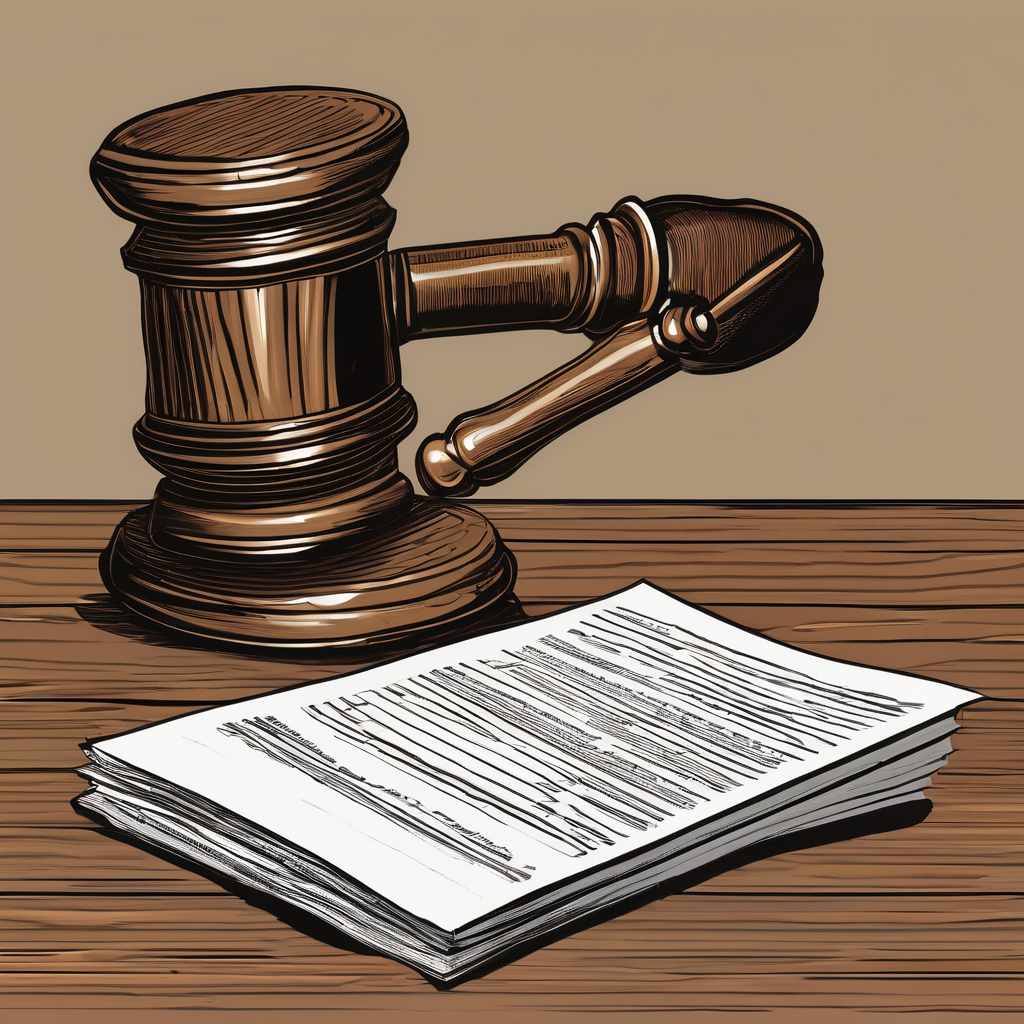The Supreme Court of Palau has officially dismissed a defamation lawsuit filed by businessman Surangel Whipps Sr against Island Times and its publisher, Leilani Reklai. The court’s order on October 23, 2025, came after Whipps Sr voluntarily chose to withdraw his lawsuit. As part of the ruling, the court required Whipps Sr to cover a portion of the legal costs incurred by the defendants and rendered the defendants’ motion for partial summary judgment moot.
This legal dispute originated in October 2024, just before Palau’s general elections. It was sparked by an article from Island Times that revealed leaked financial information belonging to Surangel and Sons Company. The report included a statement from the company condemning the leak as a breach of privacy, along with excerpts from the sensitive tax documents.
In a deposition on April 21, 2025, Whipps Sr indicated his intention to withdraw the lawsuit, asserting that he was “no longer suing” the defendants. Nevertheless, the legal proceedings continued for several months before culminating in the formal dismissal. The court’s ruling noted that Whipps Sr faced considerable difficulty in proving his defamation claim and recognized the news outlet’s role in addressing issues of public interest, which was found to be reasonable.
Although this ruling concludes one aspect of the legal conflict, it is essential to note that Island Times has initiated a countersuit against Surangel and Sons Company for defamation, which is still active. The defendants had to prepare their defense for nearly a year before the lawsuit was retracted, illustrating the complexities and drawn-out nature of legal disputes.
This case highlights the fragile balance between freedom of the press and the protection of individual reputations. It reinforces the judiciary’s dedication to promoting public accountability and transparency. As the countersuit progresses, it may further uncover critical discussions regarding media freedom and corporate behavior, emphasizing the importance of ethical journalism and the safeguarding of reputational rights in public discourse. This ongoing dialogue is vital for ensuring responsible reporting in today’s fast-paced media landscape.
